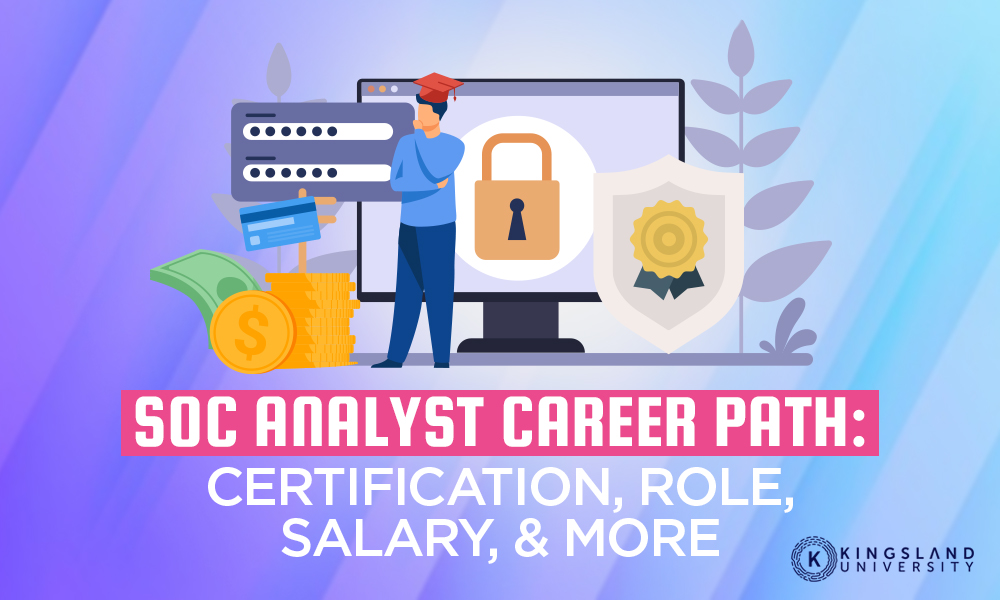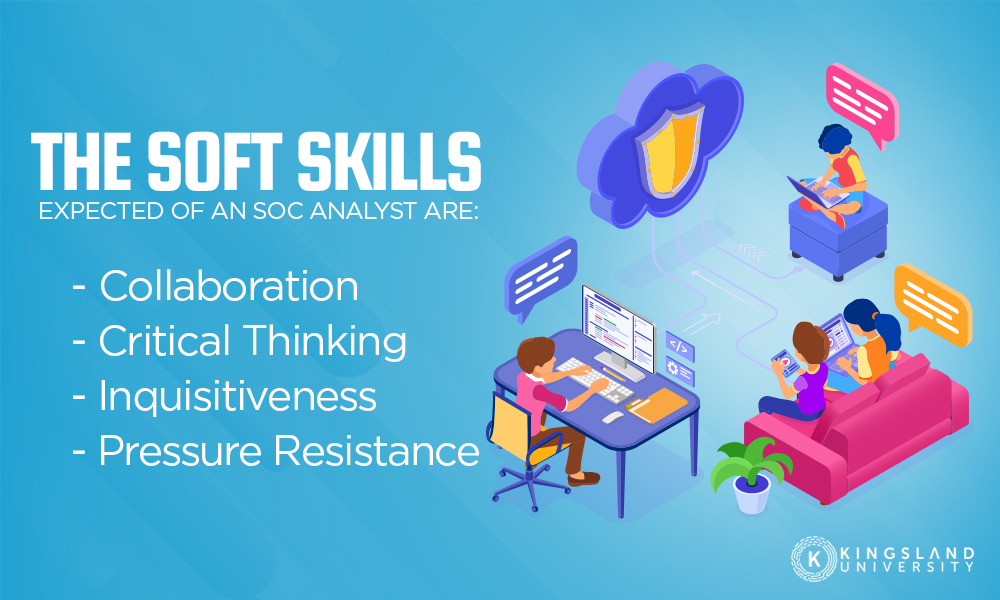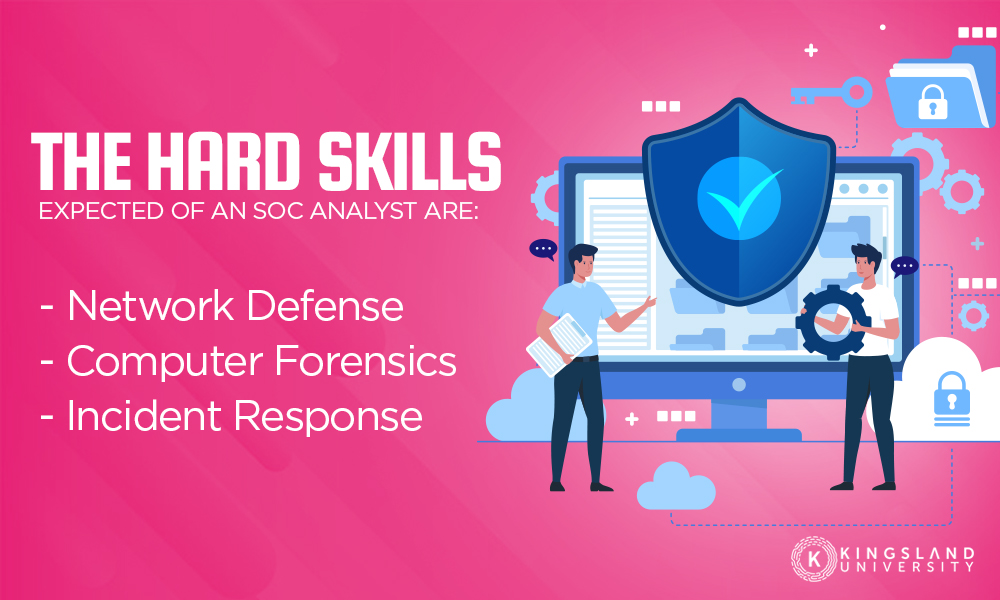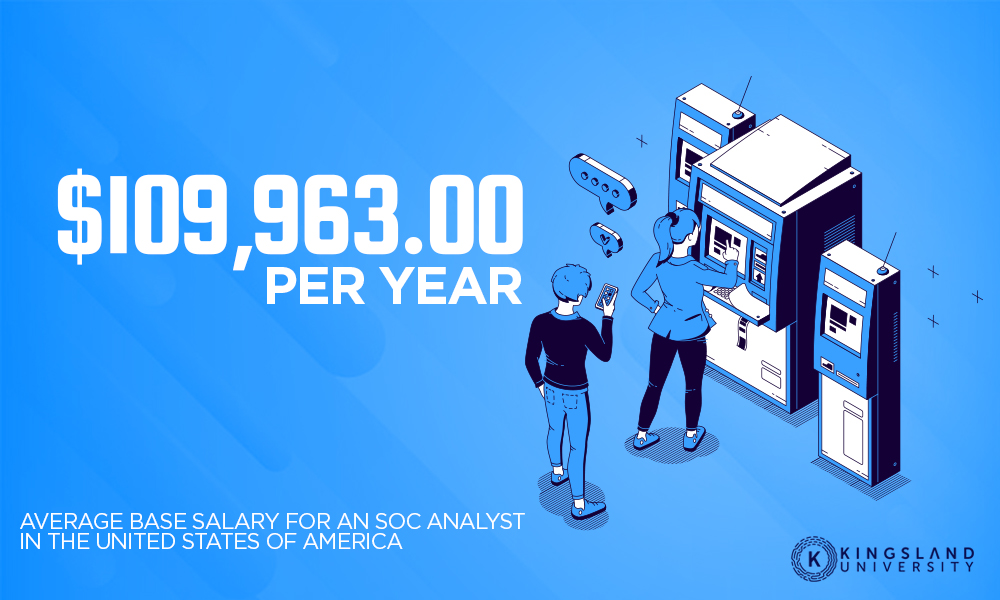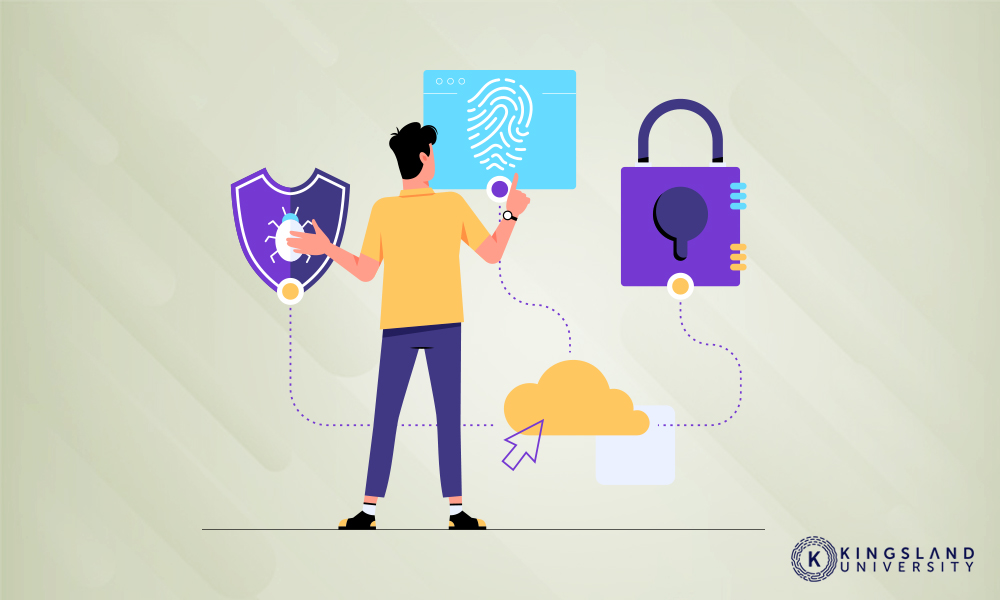This might just be one of the best ways to break into the field of cybersecurity.
However, the path to becoming a SOC analyst is no easier than attaining one of the more complex positions in cybersecurity.
Executive Summary
With this article, we aim to help you glean a better understanding of what you need to know to become a SOC analyst as well as what to expect once employed as one.
This article will discuss what you need to know to break into the role of a SOC analyst and its different tiers based on experience and scope of responsibility. In addition, this article will discuss the soft and hard skills of what it takes to be a SOC analyst. Aside from the fundamental skills, this also covers the ideal certifications for a SOC analyst. By the end of this article, it is not surprising to know that a SOC analyst is a very financially rewarding career that is high in job security.
Table of Contents
What is a SOC analyst?
3 Levels of a SOC analyst
Soft and Hard Skills of a SOC analyst
Certifications
Salary
The Final Byte
What is a SOC Analyst?
A security operations center (SOC) analyst is a frontline cybersecurity professional. These groups will either serve a single entity exclusively or be used as an outsource security for multiple clients.
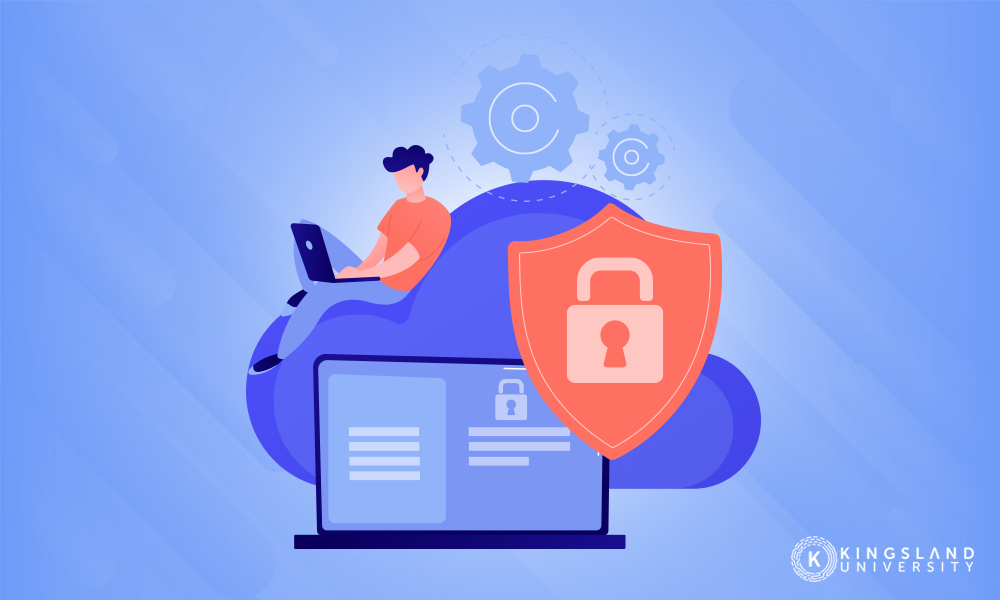
SOC analysts serve as metaphorical watchdogs while simultaneously advising on information security. The dual role of a SOC analyst involves observing systems and networks for any signs of a digital attack before offering preventive methods to their employers and team that can be employed.
This means that SOC analysts are required to be:
capable of installing security tools
detect and investigate suspicious activity
support auditing and compliance teams
develop new security strategies
SOC analysts are divided into 3 different levels of experience and responsibilities:
Tier 1 – Triage: SOC triage analysts usually have the least amount of experience, and being tasked with simple monitoring and logging responsibilities. They are expected to attend to the concerns and alerts from users and security software resulting to many SOC analysts having to sift through several false positives to find the real threats.
Tier 2 – Investigation: SOC are the mid-level experts who identify the exact nature of a threat. They must determine the threat’s origin, the extent of the damage , and how deeply it has infiltrated the affected systems. Then they are expected to guide the response.
Tier 3 – Threat Hunting: They are the apex of SOC analysts who respond to the most complex threats. They also review data forensics and telemetry on threats that have not been flagged as malicious by security software.
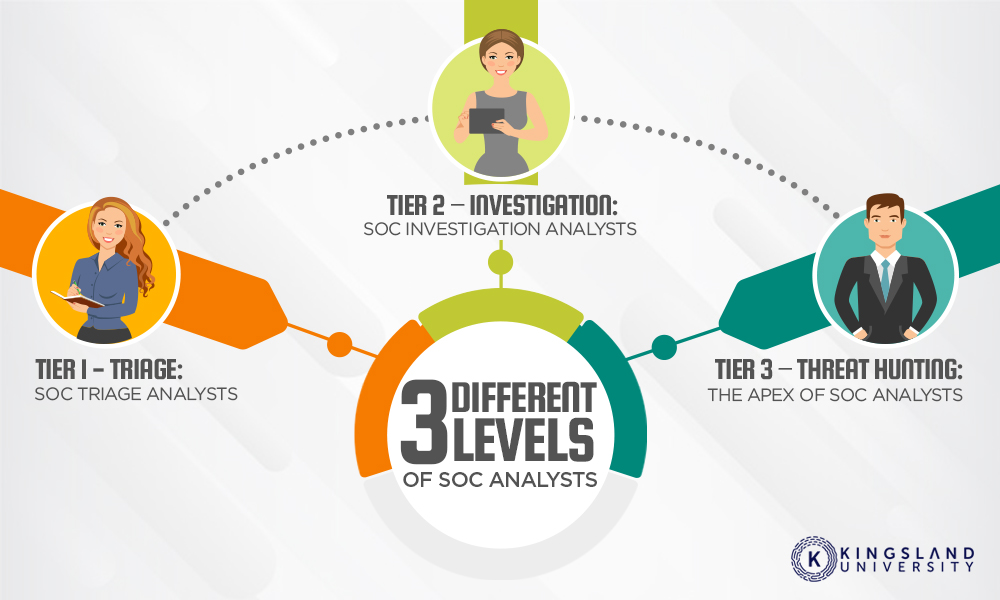
The responsibilities and role of SOC analysts at any tier are not designed as a career but to provide the data surveillance and frontline response needed for information security. Even with this qualification, there are still requirements to be met before you can be employed as a SOC analyst.
The Skills
Many positions can divide their required skill set into a series of learnable hard skills that are critical to the position and a series of soft skills that are based on the type of person you are required to be.
The soft skills expected of a SOC analyst are:
1. Collaboration: SOC analysts work in teams to identify threats and respond to them. This can lead to any countermeasure attempts failing due to a poorly timed response.
2. Critical Thinking: SOC analysts need to be able to look at the logic behind an issue and implement effective solutions that relate to the multiple layers of the threat itself.
3. Inquisitiveness: SOC analysts never stop learning and upskilling since their field never stops changing. Being the metaphorical jedi of the cybersecurity field, they need to be able to seek out more information as the field evolves and never stops.
4. Pressure Resistance: SOC analysts need to be able to work despite these unexpected stressors and make calm, level-headed decisions even as data is being lost.
These skills are not the sort that can be taught. They are a natural aspect of the individual. They can be powerful tools in your journey to become a SOC analyst and break into the profession of cybersecurity. The hard skills of a SOC analyst are not dissimilar from more intensive cybersecurity positions. Many professionals require a similar skill set to succeed:
Network Defense: These skills are crucial to SOC analysts who set up firewalls and procedures to defend a network from cyberattacks and unauthorized activity.
Computer Forensics: Often required of threat hunters, this is the process of investigating and analyzing recovered information from a machine or network to determine where a threat origin. This information helps with legal proceedings.
Incident Response: Typically, it is all about being able to respond to a threat in a timely and effective manner. For SOC analysts that deal with threats as they manifest, the ability to do so is key to succeeding professionally.
Combining these soft and hard skills in your work as a SOC analyst, regardless of tier, will result in you becoming a prime example of the profession. Yet, even with all these skills, it does not end here.
Certifications
Certifications are becoming mandatory for employment to ensure any new staff has the necessary knowledge and skills of specific aspects of the role to make them the perfect employees. For SOC analysts, there are more than a few ideal certifications:
(INSERT TABLE HERE)
These certifications can serve as outstanding tools to highlight your skills and abilities as a potential SOC analyst while also marking you as a potential hire for upper-level cybersecurity positions. With them, you can advance from a rookie SOC analyst to a tier 3 threat hunter.
Salary
While this should never be the motive for your career of choice, the salary of a SOC analyst is not something to scoff at. As of 2023, the average base salary for a SOC analyst in the United States of America is $90,000.00 per year in which the average salary for an entry level position is at $65,000. The most experienced SOC analysts earn up to $136,363.00 annually.
While a base salary is not necessarily indicative of how much you might earn as an analyst, it is a good frame of reference for the potential. Your salary will vary depending on who and where you work for.
The Final Byte
The role of a SOC analyst can serve as a diving board into a much more lucrative career in cybersecurity. SOC analysts need to be team players who can respond to threats and react accordingly. Despite its consideration as an excellent position for neophytes in the field of cybersecurity it is by no means an easy job to do. Ultimately, SOC analysts are the backbone of the cybersecurity field upon which all other positions are built.
You will need education and certifications galore to successfully navigate the career without stumbling and causing further damage. The salary you are liable to earn as a SOC analyst might tempt you to pursue the career with little real knowledge of what it entails. However, if you are serious about a career in cybersecurity, it is the perfect and most likely first step to do so.
If after reading this article you find yourself potentially interested, you should take the first step needed into your future cybersecurity career, by checking out our Online Cybersecurity Certification Program!


